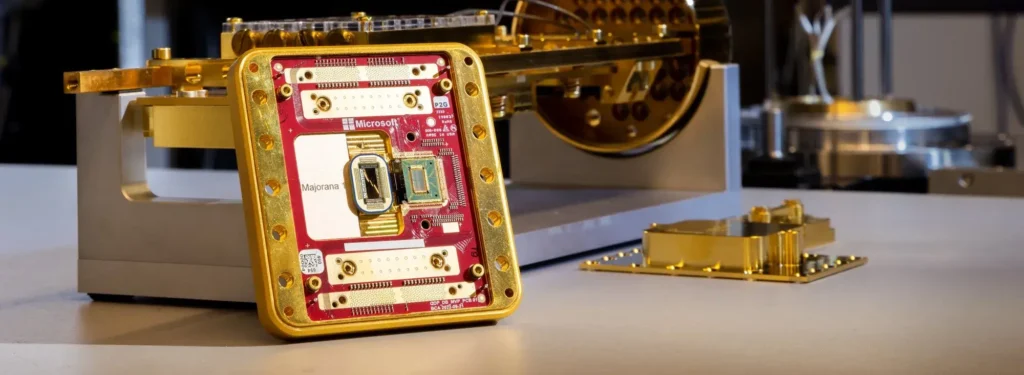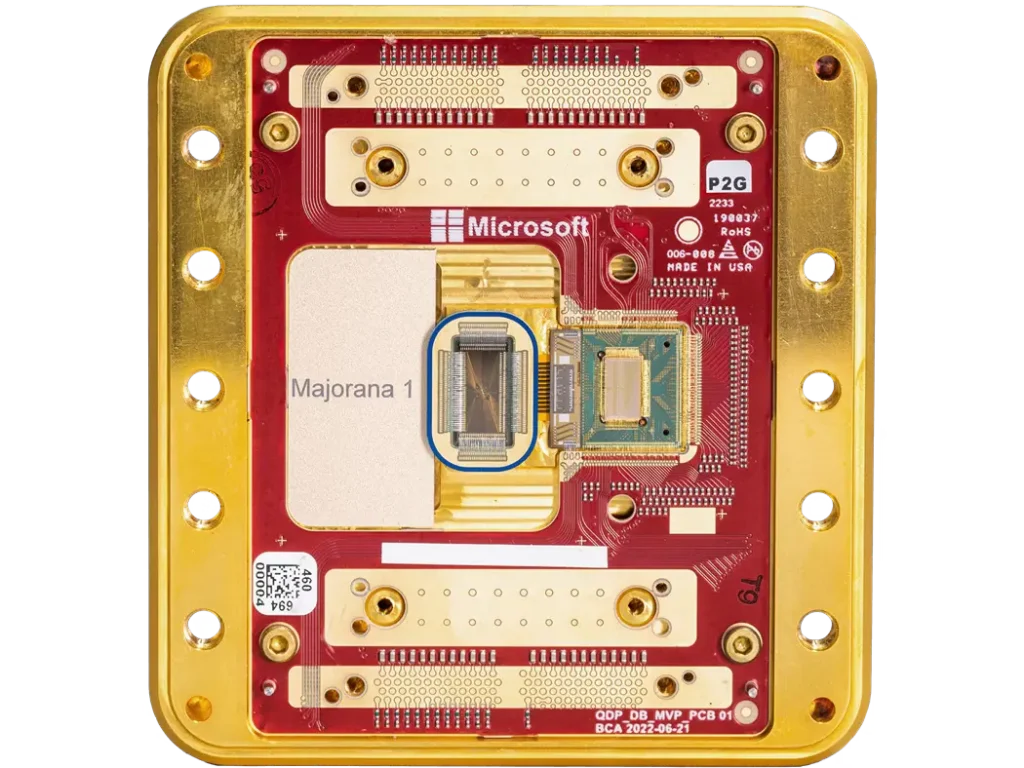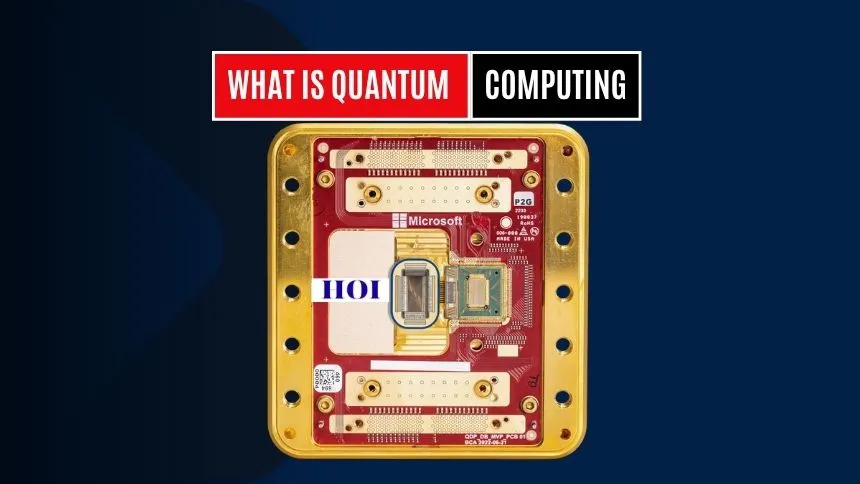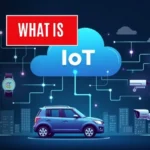What is Quantum Computing?
Imagine being able to read millions of books at the same time, instead of one by one — that’s what quantum computing in a nutshell feels like. It processes complex problems faster and more efficiently by using quantum bits and principles like entanglement and interference.

What Can Quantum Computers Do Today?
While still in early development, quantum computers today are capable of solving certain types of optimization and simulation problems more efficiently than classical computers. For instance:
- Simulating molecules for drug discovery
- Optimizing complex financial models
- Enhancing machine learning algorithms
What Makes Quantum Computers Faster?

Traditional computers handle one operation at a time. Quantum computers, thanks to their parallelism, can analyze multiple outcomes simultaneously. This makes them incredibly powerful for tasks like cryptography and AI.
Real-Life Examples of Quantum Computing
Here are some practical applications:
- Healthcare: Simulating protein folding for faster drug design
- Finance: Risk modeling and portfolio optimization
- Logistics: Route optimization for delivery fleets
- Climate: Modeling weather and climate patterns
This answers the question: “What is quantum computing with example in real life?”
What Does Quantum Computing Mean for the Future?
The future of quantum computing is promising. Experts believe it could:
- Break modern encryption methods
- Speed up AI training dramatically
- Make real-time global optimization a reality
That’s why companies and governments are racing ahead. So, “Who is winning the quantum computing race?” Currently, Google, IBM, and China are leading contenders.
What is Quantum Computing in Engineering Physics?

In engineering physics, quantum computing blends quantum mechanics, information theory, and computer science to develop powerful algorithms and hardware. It’s now a subject of study in top universities around the world.
Quantum Computing Across Regions
People often ask:
- “What is quantum computing in Tamil?”
👉 Quantum கணினி என்பது ஒரு கணித மற்றும் இயற்பியல் அடிப்படையில் செயல்படும் கணினி முறையாகும். - “What is quantum computing village?”
👉 It refers to dedicated zones at conferences like DEFCON where experts showcase quantum tech, tools, and security applications.
What Do Quantum Computers Use?
Quantum computers rely on qubits, which are made from particles like photons, electrons, or superconducting circuits. They use specialized quantum languages like Qiskit, Cirq, and Q# to program them.
So, if you wonder “What language does quantum computing use?” — it’s not just Python!
Who Has Quantum Computers Now?
- Google: Achieved “quantum supremacy” in 2019
- IBM: Offers cloud-based quantum computing
- D-Wave: Commercial quantum annealers
- India: Investing heavily under the National Quantum Mission
FAQs
Q1. Is quantum computing real or theoretical?
Yes, it’s very real. Major tech companies are building quantum computers, although full-scale deployment is still years away.
Q2. What quantum computing can do better than classical computers?
It can solve optimization problems, simulate quantum chemistry, and perform parallel computation much faster.
Q3. What is quantum computing good for in real life?
Quantum computing is ideal for healthcare, AI, finance, and logistics applications.
Q4. What could quantum computers do that classical ones can’t?
They could break RSA encryption, simulate molecular interactions, and optimize complex systems instantly.
Conclusion
Quantum computing isn’t science fiction — it’s the next big leap in technology. With the power to redefine AI, medicine, and cybersecurity, quantum computing holds the potential to change everything. And while it’s still evolving, the question is no longer “Is quantum computing real?” — but “Are we ready for its future?”



